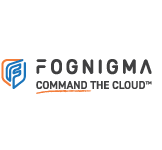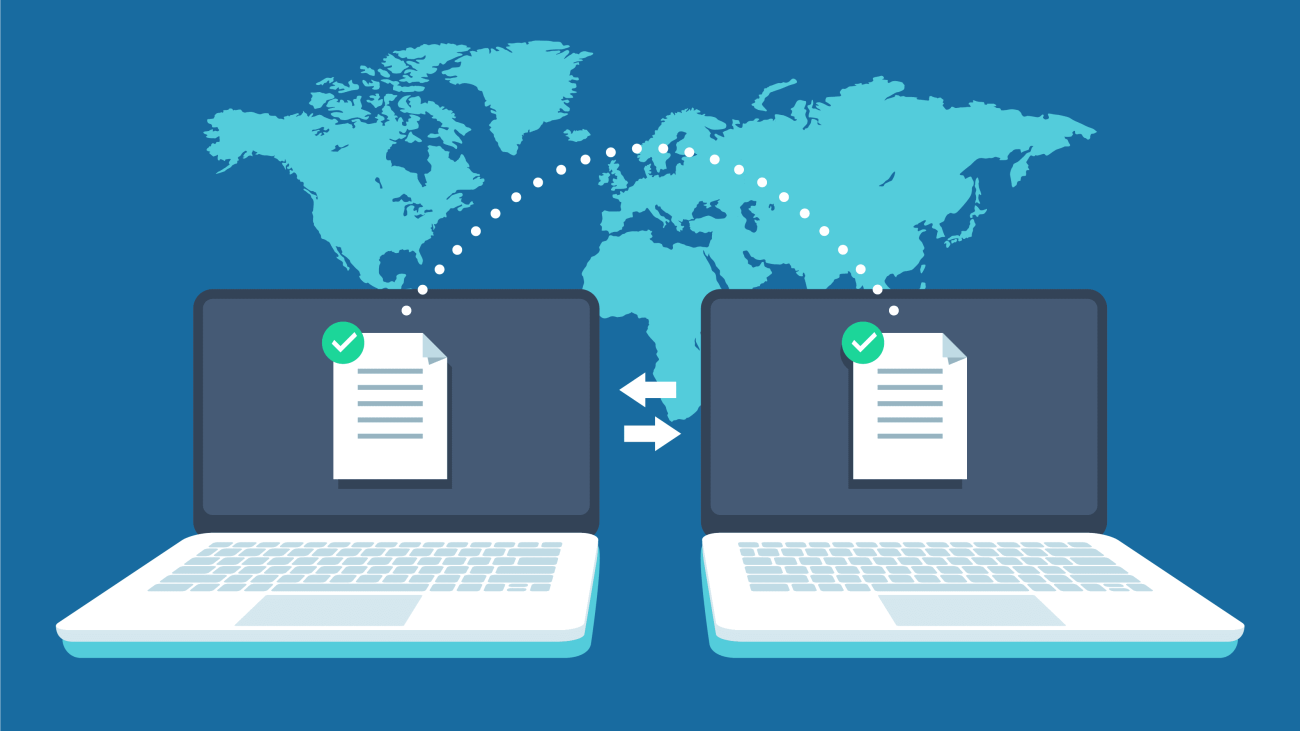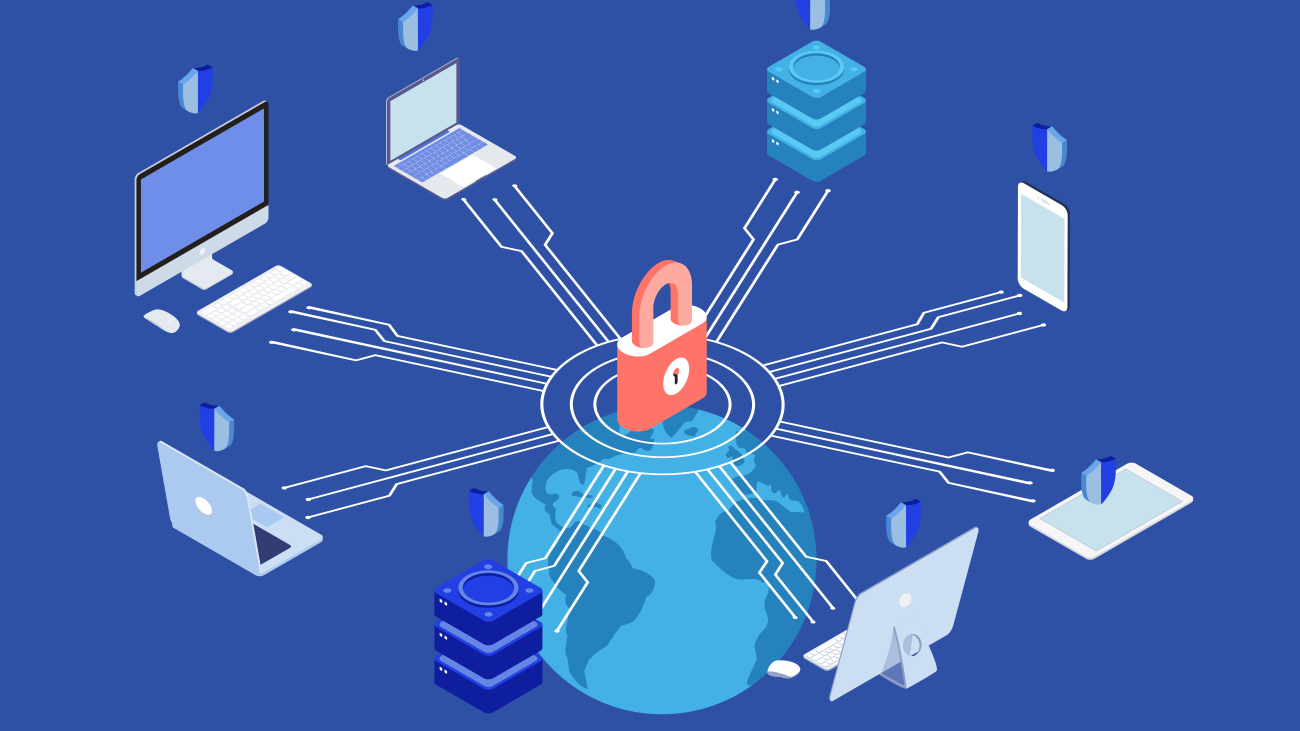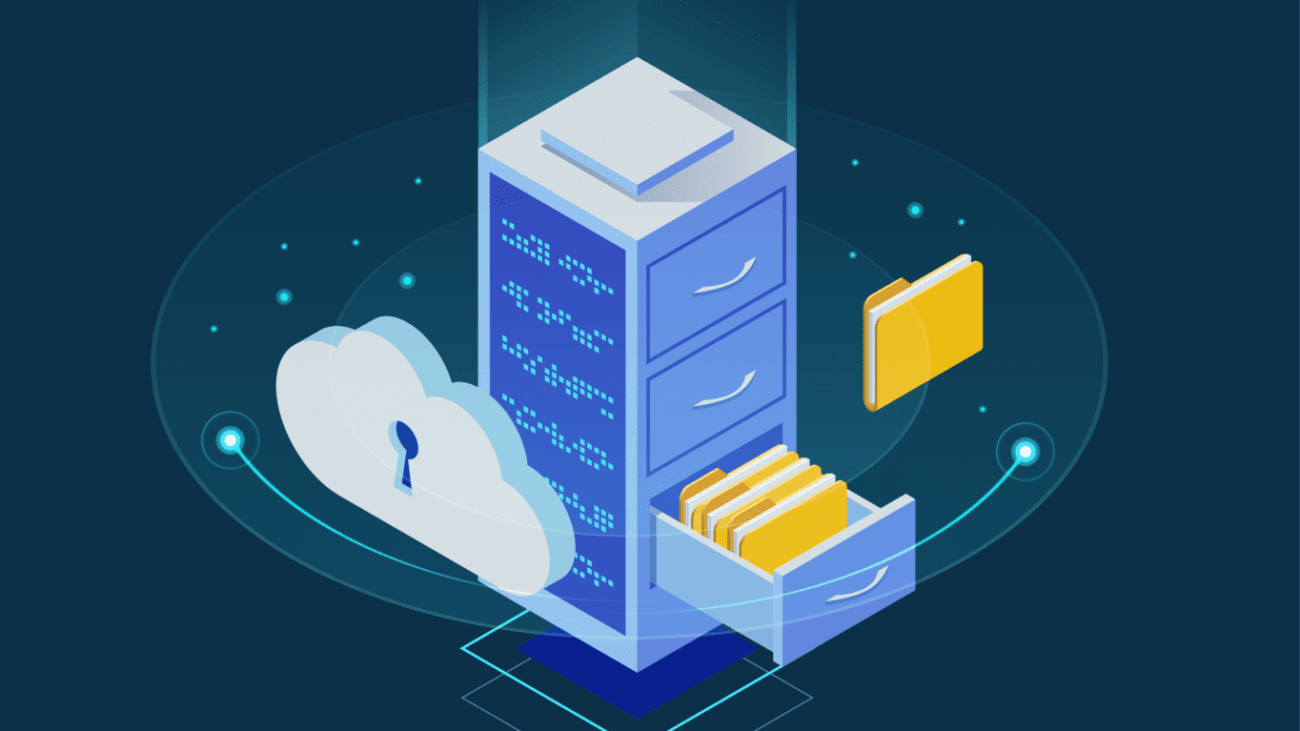Take Your Files with You
Just as the world never stops turning, our operations remain in constant motion. They take us on the road, in the air, and over the sea. We bundle up our technology and bring it with us so we can continue working, and no matter which types of tech we take along, one thing is always needed: our files. A secure file server can make all the difference.
Of course, you could take a thumb drive with your files wherever you go, but everyone knows how risky that is. Misplace the drive and your documents will most likely find a new life in dark places on the Internet where all sorts of bad things can result. Or, at the very least, multiple versions of the documents will be created, leading to version control confusion (i.e., you won’t know which version is the most recently updated and accurate).
The only answer is to have an online file repository where you can access your files, without creating and carrying around multiple copies. But which method is the best to create a secure file server?

Cloud Storage Thunderstorms
The fastest way to give your files the gift of remote access is to upload them to a cloud storage server operated by one company or another. We won’t name cloud storage companies because for many, they are viable options for file storage. However, we will mention some of the potential security risks these cloud storage companies, as a whole, represent.
- Lack of Crypto-Key Control – In simplistic terms, when files are encrypted, keys are created to encrypt and decrypt the files. If you don’t have the key, you can’t see the file. The problem with some cloud storage providers is they maintain ownership of the encryption keys, which means if the service was hacked, the hackers would have control over the encryption keys to your files.
- Lack of Any Security Control – When you sign up for a cloud storage provider, they have their own methods of cybersecurity in place. You don’t have a say in what encryption they use, for example, or any other security features. In short, you are trusting their cybersecurity team with all your data.
- Data Sharing – Sometimes cloud storage providers have shared data (or, at least, metadata) with third parties. When security is a prime concern, the sharing of any data about your data or your organization is potentially very harmful.
- Shared Server Storage – When you upload files to a cloud storage provider, your files are stored on a section of one of their massive servers. If the file server gets hacked via another customer’s account, once again, the hackers can gain access to your files since they reside on the same server.

Host Your Own Secure File Server
The easiest way to take total control over your file server needs is to set up your own. Though that might sound daunting, it is actually pretty simple. Plus, there are multiple manners of file sharing you can use. Here are a few:
- NAS (Network Attached Storage) – NAS is one of the easiest ways to build a secure server, but it is reliant on you having the proper type of router. Some routers have USB ports for storage. Plug in a thumb drive, configure a few settings, and you’re the proud owner of a private server!
- FTP (File Transfer Protocol) – FTP has been around for almost as long as the Internet. While it’s not exactly what you imagine when you think of a cloud server, FTP servers can be used to easily transfer large files. You can even add security measures to FTP. Use SFTP (Secure File Transfer Protocol) and you’ll be using SSH to protect the transmission of your files. Or, use FTPS (File Transfer Protocol Secure) which give you TLS encryption for data transmission.
- HFS (HTTP File Server) – HFS is another protocol which has been around for some time. It can be set up quickly which is great for inexperienced users yet has tons of customizable options for the more advanced users.
The most important part, after you’ve determined the type of private server you plan to run, is to explore security options. You’ll need to do it all yourself (as compared to a cloud storage provider) but, as previously stated, you’ll have full control over your security. You can make sure your security measures are always up to date, your software properly patched, and access to your files exactly as controlled as you desire.
To learn more how Fognigma, our leading-edge enterprise software solution, can take your protected, online-accessible file storage to the next level, contact us today.

 Security is a lot more than having password-protected online security. Secure networks provide confidentiality, zero-trust solutions between service providers, and uninterrupted business operations. This is a valuable thing to have in today’s virtual landscape. Many would be surprised how often a business or big company gets hacked. When confidential information or data is accessed, there are a ton of negative things that can happen to an entire infrastructure.
Many do not want just firewalls or antivirus software; most will need more than that. They can protect users on the surface. Fognigma can help set up extra network security services like regular audits, layered defenses, online updates, and more solutions. With these extra layers of cyber security, one can feel confident that a business will be well protected.
Security is a lot more than having password-protected online security. Secure networks provide confidentiality, zero-trust solutions between service providers, and uninterrupted business operations. This is a valuable thing to have in today’s virtual landscape. Many would be surprised how often a business or big company gets hacked. When confidential information or data is accessed, there are a ton of negative things that can happen to an entire infrastructure.
Many do not want just firewalls or antivirus software; most will need more than that. They can protect users on the surface. Fognigma can help set up extra network security services like regular audits, layered defenses, online updates, and more solutions. With these extra layers of cyber security, one can feel confident that a business will be well protected.
 Another great step in ensuring a network is secure is identifying unknown devices within a provider or system. One would be surprised how often customers need to learn what goes on within their network. These types of users can access, pose a significant risk, and even be a backdoor for hackers to access the information through a checkpoint. So, make sure regular checkups are happening to ensure a zero-trust network is secure.
Another great step in ensuring a network is secure is identifying unknown devices within a provider or system. One would be surprised how often customers need to learn what goes on within their network. These types of users can access, pose a significant risk, and even be a backdoor for hackers to access the information through a checkpoint. So, make sure regular checkups are happening to ensure a zero-trust network is secure. Another thing one can look out for is vulnerabilities. Any sort of new threats can creep into a zero-trust network through these vulnerabilities, and it is crucial to get rid of them so that there are not any repercussions. Sometimes, these threats are beyond control, which can be worrisome. That is why it is a good idea to trust the professionals at Fognigma to monitor these vulnerabilities through the network traffic.
One will want to have real-time monitoring so that one can detect breaches early on before they cause any damage. Without help from people like us, a business’s data and end users are open to attack. Make sure to discuss how to protect service and technology before it is too late.
Another thing one can look out for is vulnerabilities. Any sort of new threats can creep into a zero-trust network through these vulnerabilities, and it is crucial to get rid of them so that there are not any repercussions. Sometimes, these threats are beyond control, which can be worrisome. That is why it is a good idea to trust the professionals at Fognigma to monitor these vulnerabilities through the network traffic.
One will want to have real-time monitoring so that one can detect breaches early on before they cause any damage. Without help from people like us, a business’s data and end users are open to attack. Make sure to discuss how to protect service and technology before it is too late.
 A password-protected internet sometimes cuts it. One will want to use things like WPA or WPA2 to enhance a network’s encryption for better overall zero-trust network security solutions. Also, a good networking tip is avoiding default network names or passwords. There are so many different people in the world who keep their passwords the same and simple. This is a sure way for hackers to get personal information and would require more in-depth network security solutions.
The last thing most people want to do is have a person hack a firm’s data primarily because a password is too easy to guess. People often use different characters in their passwords as well as punctuation marks and numbers, so it takes more work to get secure access.
A password-protected internet sometimes cuts it. One will want to use things like WPA or WPA2 to enhance a network’s encryption for better overall zero-trust network security solutions. Also, a good networking tip is avoiding default network names or passwords. There are so many different people in the world who keep their passwords the same and simple. This is a sure way for hackers to get personal information and would require more in-depth network security solutions.
The last thing most people want to do is have a person hack a firm’s data primarily because a password is too easy to guess. People often use different characters in their passwords as well as punctuation marks and numbers, so it takes more work to get secure access.
 There are always the common phishing emails or links that tend to be sent to employees company-wide. It is important to prepare the staff not to click strange links or open attachments from unknown senders. This is a sure way to have phishing attempts compromise an entire zero-trust network.
Phishing attacks like this are one of the most common methods hackers use to gain access to a business and users’ data.
There are always the common phishing emails or links that tend to be sent to employees company-wide. It is important to prepare the staff not to click strange links or open attachments from unknown senders. This is a sure way to have phishing attempts compromise an entire zero-trust network.
Phishing attacks like this are one of the most common methods hackers use to gain access to a business and users’ data.
 Data breaches can happen any day, and the best thing to do is ensure a company knows data loss prevention strategies. If cyber security attacks are not taken seriously, most can face external threats affecting email security, access to sensitive information, and potentially an entire zero-trust network infrastructure.
Fognigma is one of the best zero-trust solution providers and is more than knowledgeable on how to attack surfaces and malicious activity. Sensitive data will stay confidential and away from data theft or other threats. Customers sometimes need help figuring out what to do when faced with brute-force attacks, but Fognigma does.
Data breaches can happen any day, and the best thing to do is ensure a company knows data loss prevention strategies. If cyber security attacks are not taken seriously, most can face external threats affecting email security, access to sensitive information, and potentially an entire zero-trust network infrastructure.
Fognigma is one of the best zero-trust solution providers and is more than knowledgeable on how to attack surfaces and malicious activity. Sensitive data will stay confidential and away from data theft or other threats. Customers sometimes need help figuring out what to do when faced with brute-force attacks, but Fognigma does.













